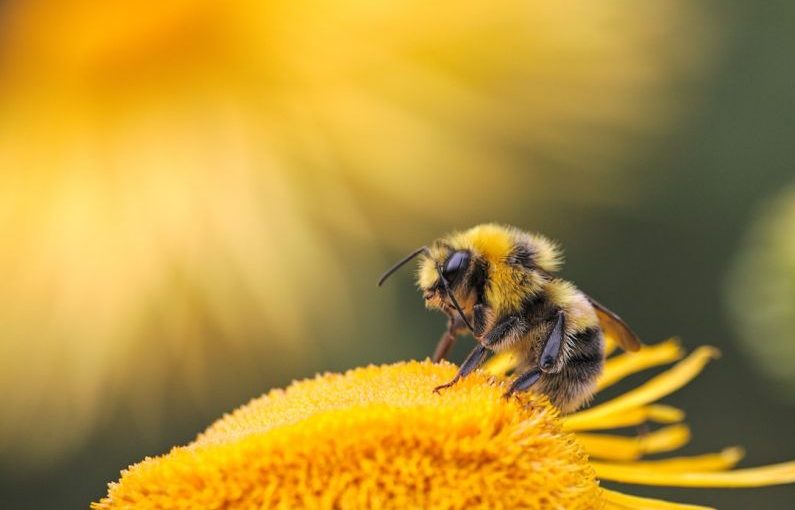Known for its rich history and numerous health benefits, honey has long been cherished as a natural sweetener and remedy. From ancient civilizations to modern-day kitchens, this golden nectar holds a special place in the hearts of many. Let’s delve into the fascinating world of honey and uncover its secrets.
**The Origins of Honey**
Honey is one of the oldest sweeteners used by humans, with a history dating back thousands of years. Ancient rock paintings in Spain, estimated to be around 8,000 years old, depict humans gathering honey from beehives. The Egyptians revered honey for its healing properties and used it in embalming processes. In ancient Greece, honey was not only a food source but also a symbol of wealth and power.
**The Honey-Making Process**
Bees are the masterminds behind the creation of honey. These industrious insects collect nectar from flowers and store it in their honey stomach. Once back at the hive, the bees pass the nectar to other worker bees through regurgitation. Enzymes in the bees’ stomachs break down the complex sugars in the nectar into simpler forms. The bees then fan the nectar with their wings to evaporate excess water, creating the thick, sweet substance we know as honey.
**Varieties of Honey**
The flavor, color, and texture of honey can vary depending on the types of flowers visited by the bees. For example, clover honey has a mild, floral taste, while buckwheat honey is dark and robust. Manuka honey, produced in New Zealand, is renowned for its antibacterial properties. Each variety of honey offers a unique taste profile, making it a versatile ingredient in culinary creations.
**Health Benefits of Honey**
Aside from its delicious taste, honey boasts an array of health benefits. Raw honey is rich in antioxidants, which help protect the body from cell damage caused by free radicals. It also contains antibacterial properties that can aid in wound healing and soothe sore throats. Some studies suggest that honey may help alleviate symptoms of allergies and coughs. However, it’s essential to note that infants under one year old should not consume honey due to the risk of botulism.
**Honey in Traditional Medicine**
Throughout history, honey has been used in traditional medicine to treat various ailments. In Ayurveda, an ancient system of medicine from India, honey is believed to balance the body’s doshas and improve digestion. In Chinese medicine, honey is used to harmonize the body’s energy and alleviate coughs and colds. The healing properties of honey have been recognized across cultures, showcasing its versatility as a natural remedy.
**Cooking with Honey**
In addition to its medicinal uses, honey is a versatile ingredient in the kitchen. Its natural sweetness can enhance both sweet and savory dishes, adding depth of flavor and moisture. Honey can be drizzled over yogurt, mixed into salad dressings, or used as a glaze for meats. Bakers often use honey as a natural sweetener in place of refined sugars, creating delectable treats with a hint of floral sweetness.
**Sustainable Beekeeping Practices**
As the demand for honey continues to rise, it’s crucial to support sustainable beekeeping practices. Bees play a vital role in pollinating crops and maintaining biodiversity, making their well-being essential for ecosystems worldwide. By choosing honey from local beekeepers who practice ethical and sustainable beekeeping methods, consumers can help protect bee populations and preserve the delicate balance of nature.
**In Conclusion: A Sweet Legacy**
Honey’s legacy as an ancient sweetener and natural remedy continues to endure to this day. From its origins in ancient civilizations to its modern-day culinary and medicinal uses, honey remains a beloved and versatile ingredient. As we savor the golden sweetness of this nectar of the bees, let us also remember the importance of supporting sustainable beekeeping practices to ensure a thriving ecosystem for future generations.





